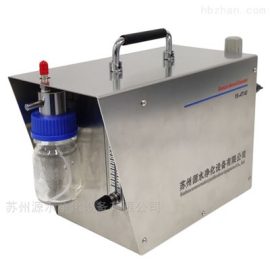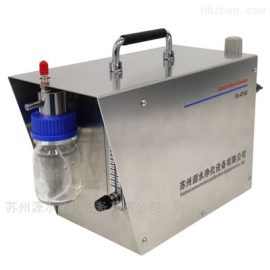CNC Turning: Precision Machining for Modern Manufacturing
html
CNC Turning: Precision Machining for Modern Manufacturing
In the world of modern manufacturing, precision and efficiency are paramount. One of the most widely used techniques to achieve these goals is CNC turning. This advanced machining process allows for the creation of highly accurate and complex parts, making it indispensable across various industries.
What is CNC Turning?
CNC turning is a subtractive manufacturing process where a cutting tool removes material from a rotating workpiece to create cylindrical parts. The term “CNC” stands for Computer Numerical Control, meaning the entire process is automated and guided by pre-programmed computer software. This ensures consistent quality and repeatability, even for intricate designs.
Key Advantages of CNC Turning
CNC turning offers numerous benefits that make it a preferred choice for manufacturers:
- High Precision: Capable of achieving tolerances as tight as ±0.001 inches
- Versatility: Can work with various materials including metals, plastics, and composites
- Efficiency: Faster production times compared to manual turning
- Complex Geometries: Ability to create intricate shapes with excellent surface finishes
- Repeatability: Consistent results across large production runs
Applications of CNC Turning
CNC turned parts are found in nearly every industry that requires precision components:
- Automotive (axles, shafts, bushings)
- Aerospace (engine components, landing gear parts)
- Medical (surgical instruments, implants)
- Electronics (connectors, housings)
- Oil and gas (valve components, fittings)
The CNC Turning Process
A typical CNC turning operation involves several key steps:
- Design creation using CAD software
- Conversion of design to CNC program (G-code)
- Workpiece mounting on the lathe
- Tool selection and installation
- Machine setup and calibration
- Execution of the turning operation
- Quality inspection of finished parts
Keyword: cnc turning
Choosing the Right CNC Turning Service
When selecting a CNC turning provider, consider these factors:
- Experience with your specific material requirements
- Available machine capabilities and size limitations
- Quality control measures and certifications
- Turnaround time and production capacity
- Additional services like finishing or assembly
As manufacturing demands continue to evolve, CNC turning remains at the forefront of precision machining. Its ability to produce high-quality parts efficiently makes it an essential technology for businesses looking to stay competitive in today’s market.


